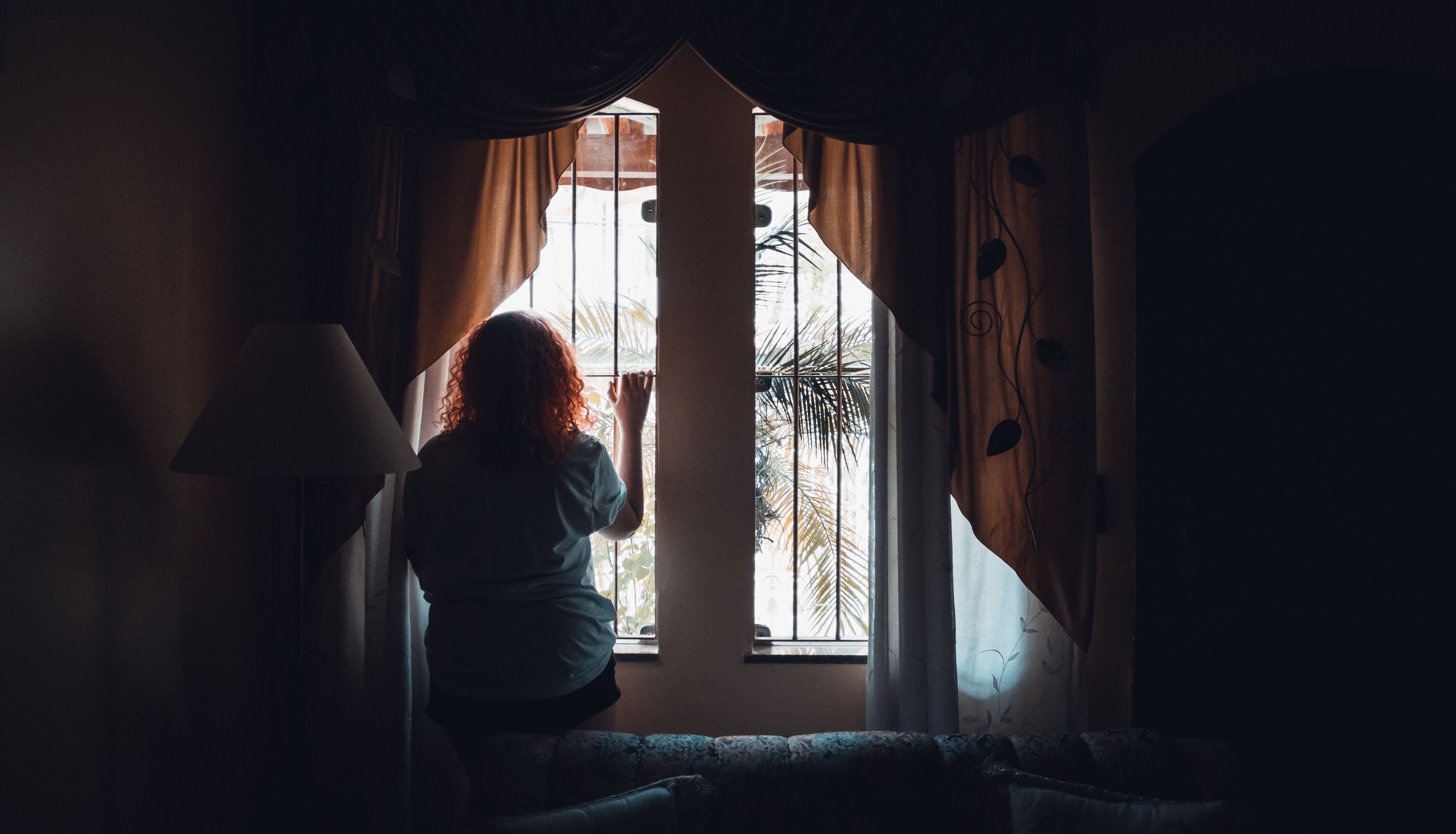The Coronavirus pandemic is currently spreading at an unprecedented pace in the State of Florida. The State of Florida and Miami-Dade County has been consistently increasing restrictions on Florida residents in the effort to combat this deadly virus.
On March 17, 2020, the Governor of Florida closed all bars, restaurants, and beaches subject to certain restrictions. On March 19, 2020, the Miami-Dade County Mayor ordered the closure of “non-essential businesses”. On March 25, 2020, the Mayor of Miami issued a “Stay at Home” order essentially requiring all Miami residents to stay at home subject to certain exceptions.
Violations of these orders, including the most recent “Stay at Home” order, could result in arrests and prosecutions. Here is what you need to know.
Florida and Miami-Dade County Law
There are several applicable statutes under both Florida law and county ordinances under Miami-Dade County law that are relevant to the orders issued by the Governor and Mayor in response to the Coronavirus pandemic.
Florida Statute 252.50 states that any individual that violates an emergency order under this section is guilty of a second-degree misdemeanor which is punishable by up to 60 days in the county jail and a $500 fine. An “emergency order” relates to an order issued by a state governor or local mayor in response to an emergency which is defined as “any occurrence, or threat thereof, whether natural, technological, or manmade which results or may result in substantial injury or harm to the population.”
Similarly, Florida Statute 381.00315 makes it illegal to violate an isolation or quarantine order. Violators of this law are also subject to the penalties for a second-degree misdemeanor.
Ironically, there could be harsher penalties imposed by violating a Miami-Dade County ordinance. Under Miami-Dade County ordinance 8B-12, it is unlawful for anyone to fail or refuse to obey any emergency order issued under this section. Violators of a mayor’s order can result in a punishment of up to 180 days in the county jail and a $500 fine.
Therefore, many of the executive orders issued in response to Coronavirus pandemic could be prosecuted either the State of Florida or Miami-Dade County. Violators would be subject to the penalties above ranging from maximum sentences of 60-180 days in jail.
Defenses to Arrest for Violation of a “Stay at Home Order”
The most problematic issue in enforcing many of these executive orders is that it requires the government to prove that you were not acting within one of the exceptions under the order. For example, the most recent “Stay at Home Order” permits travel outside of the home to “essential retail and commercial establishments” such as grocery stores, restaurants, convenience stores, gas stations, post offices, laundry services, banks, child care services, and health care providers.
If a police officer conducts a traffic stop or detains an individual in a public place, it would be very difficult for the officer to know if the individual was on his way to a prohibited public place, like the beach, or a non-prohibited place, like a grocery store.
To successfully prove a crime occurred in court, the individual would likely need to admit his or her intent to travel to a prohibited public place or be observed by a police officer in a prohibited public place.
What can I do if I am Arrested for Violation of a “Stay at Home Order”
Every person arrested for violating an executive order issued in response to the Coronavirus pandemic is innocent until proven guilty. You have the right to remain silent and generally should not make any statements during a criminal investigation without an attorney present.
If you, or anyone you know, is arrested or charged with a crime related to violating a “Stay at Home” order, call Hubbs Law now to schedule a consultation at our office immediately at (305) 570-4802.
Disclaimer:
Please note that by reading this blog you are not entering into an attorney-client relationship with Hubbs Law, P.A. This blog only provides general legal information. Every case is unique and you should request a consultation to ensure that you are getting the correct legal advice for your specific case.


